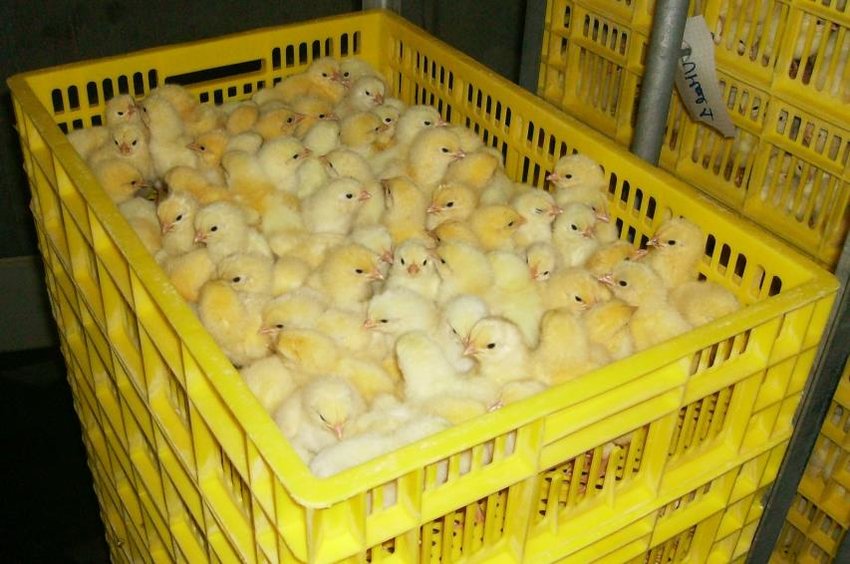Local poultry producers fret over imports
LOCAL, small-to-medium poultry producers have bemoaned illicit imports sold at sub-economic rates for threatening to force them out of business.
Zimbabwe imports poultry primarily from neighbouring Zambia (US$3.41 million), United Kingdom (US$1.41 million) Netherlands (US$456 000), Spain (US$392 000) and France (US$145 000). “Profitability is threatened by stiff competition from low-cost imports of both table eggs and meat,” said Harare Poultry Business Association (HPBA) board chairperson, Mr Tafadzwa Charumbira, in an interview with New Ziana on Tuesday.
He said poor harvests due to successive droughts, rising input costs, particularly maize and soya meal and the significant volumes of illicit imports are negatively impacting the poultry business. “We need to have a feed mill of our own because it is difficult to run a poultry production business without a feed mill. Feed accounts for 70 percent of the production costs. We would also like to have a hatchery of our own and an abattoir,” he said.
“In poultry, if you have no control over feed your ability to make a profit is hindered and you are at the mercy of those that produce the feed and chicks, as well as unscrupulous middle-men.” Mr Charumbira said donors need to ensure that their funding envelopes are demand-led instead of prescriptive to the locals.
He said small-to-medium-scale poultry businesses are a vital cog in national economic growth and a key contributor to women’s empowerment. According to official statistics, small-scale farmers in Zimbabwe produce 75 percent of the poultry,
“Last year, about 69 percent of the Gross Domestic Product (GDP) of poultry came from small-to-medium scale producers and this shows the effect or impact of small to medium scale farmers coming together for a common marketing goal,” said Mr Charumbira.
With adequate support, Charumbira said small-to-medium-scale farmers can give large-scale producers a run for their money. He said around 60 to 70 percent of HPBA members are female and training them on good agricultural practices increases production and economically empowers them.
The HPBA was formed under the recently concluded Zimbabwe Agricultural Growth Program (ZAGP) in the poultry value chain. It comprises 756 farmers from Mashonaland East, Mashonaland West and Harare Metropolitan provinces. Farmers who want to join HPBA have to make a once-off US$50 payment and a monthly subscription of US$2.
The HPBA received funding, training and technical assistance from the European Union-funded ZAGP, which linked them to banks and financial institutions to access credit and finance to strengthen their businesses. Poultry farming has become a source of income for many unemployed individuals in the country, particularly women. — New Ziana








